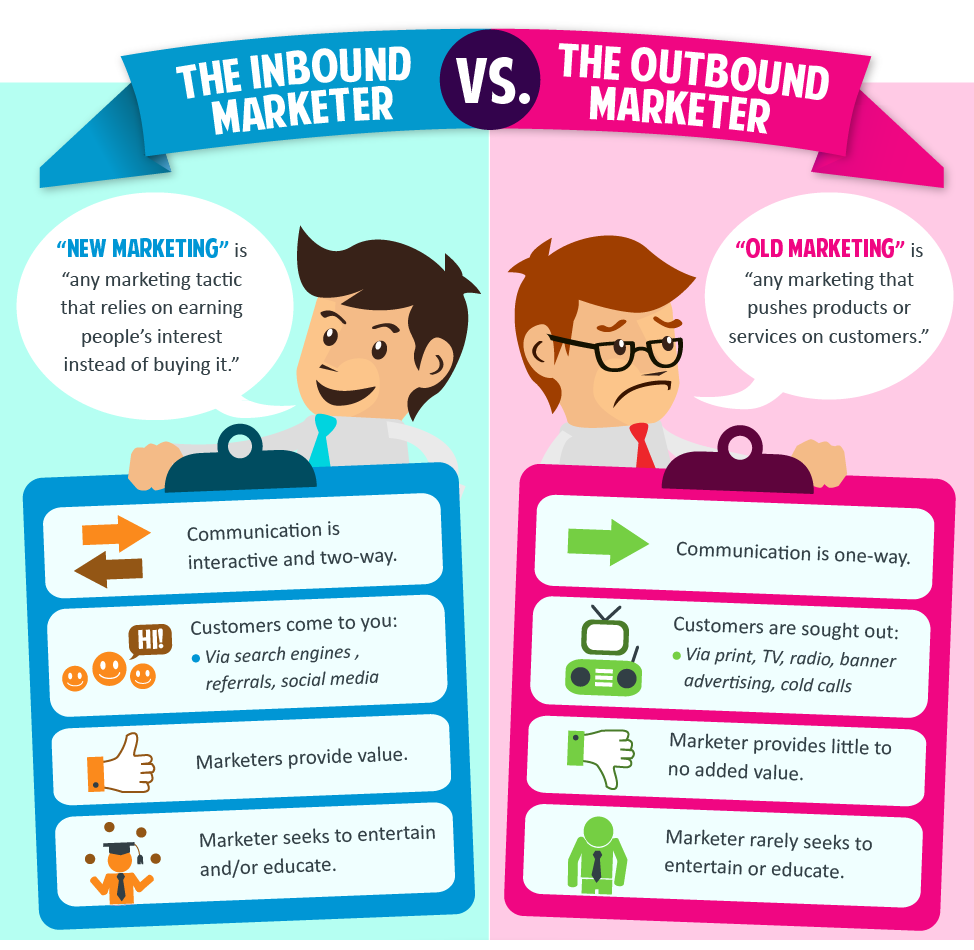Differences Between Traditional and Digital Marketing | India
If you attend a social media marketing/SEO conference and mention traditional advertising terms people might look at you with blank stares. Not because you do not understand whatever you are saying but the current generation of advertising professionals subscribe to a different form of marketing.
Traditional advertising has a long history and has developed into its current form — digital marketing. However, it’s important for the marketers to keep in mind that traditional advertising is not actually dead.
At least from the trends, traditional advertising still has a place in marketing. The ideal situation is to integrate traditional advertising with digital marketing. Big corporations know this all too well. Some major brands have lost significant market shares due to the overemphasis on digital marketing at the expense of traditional marketing.
For smaller businesses picking up digital marketing as the main advertising platform can be excused in regards to the spending. Regardless of the size of your business, you need to understand these differences.
- Communication in digital and traditional advertising

Communication in traditional advertising is regarded as one directional meaning that customers and clients do not get an opportunity to respond directly to the advert. Furthermore, this type of marketing has one product or company targeting a large group of people. On the other hand, digital marketing incorporates a multi-directional approach whereby the brand will actively communicate with the customers and clients in an actual conversation.
Traditional marketing rarely gets a direct interaction with customers while this is possible in digital marketing.
- Scheduling of ads in traditional and digital marketing
Traditional marketing relies on long-term planning for their ads. This long-term planning is rigid and rarely changes during the entire period. There are a lot of physical inclusions that can’t be abruptly halted in traditional advertising.
For instance, a campaign that includes billboards, posters, and TV ads will be a great loss for a business if it’s altered or halted in a major way. On the other hand, digital marketing is flexible and allows a business to adapt to any new developments especially responding to the customer’s voice.
For example, an ad on Facebook might change it course if there is a backlash from clients.
- Availability
Digital marketers work in different shifts making it easier for them to respond to the customers’ questions or feedback at any given time. The same cannot be said about traditional advertising. The response in traditional marketing takes place during working hours. The faster response in digital marketing is an advantage in itself.
- Potential in tradition and digital marketing
Digital marketing has a potential of reaching a wider audience than traditional marketing. In addition, traditional marketing costs more if you compare with the potential reach. There are fewer platforms available for traditional marketing as compared to digital marketing. This, in turn, means traditional marketing is rather specific and targeted than in digital marketing. However, the same principles can be applied in digital marketing.
In reality, statements can be thrown back and forth as arguments and counter arguments for each form of marketing. However, that does not mean there is no favorite. Every respectable brand has adopted digital marketing strategies which favorably indicate the gradual superiority of this form of marketing.



It is a long established fact that a reader will be distracted by the readable content of a page when looking at its layout. The point of using Lorem Ipsum is that it has a more-or-less